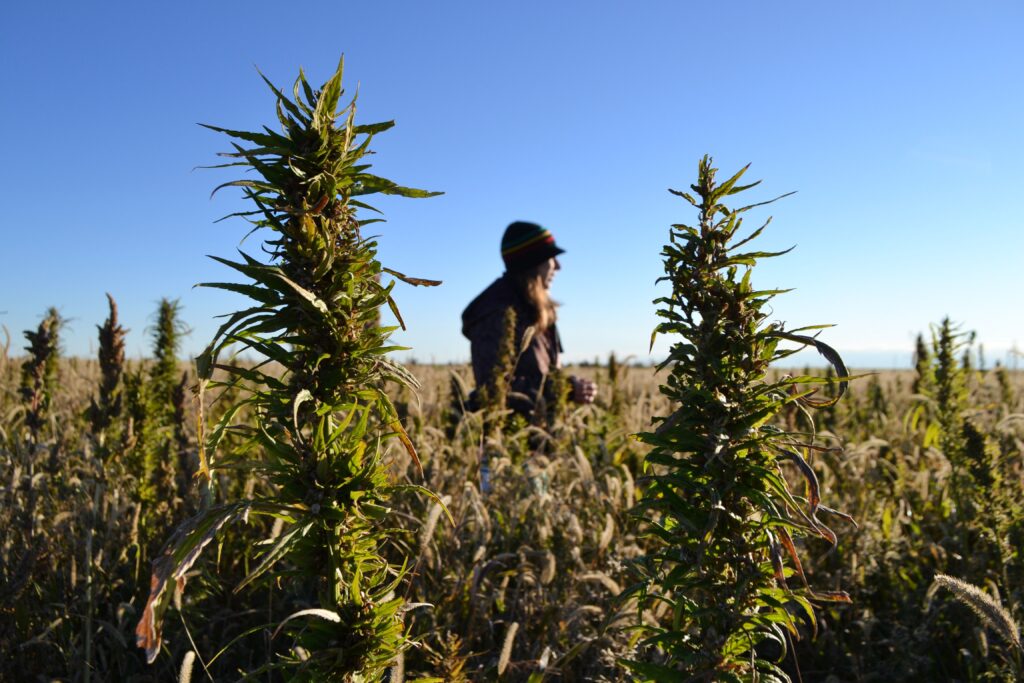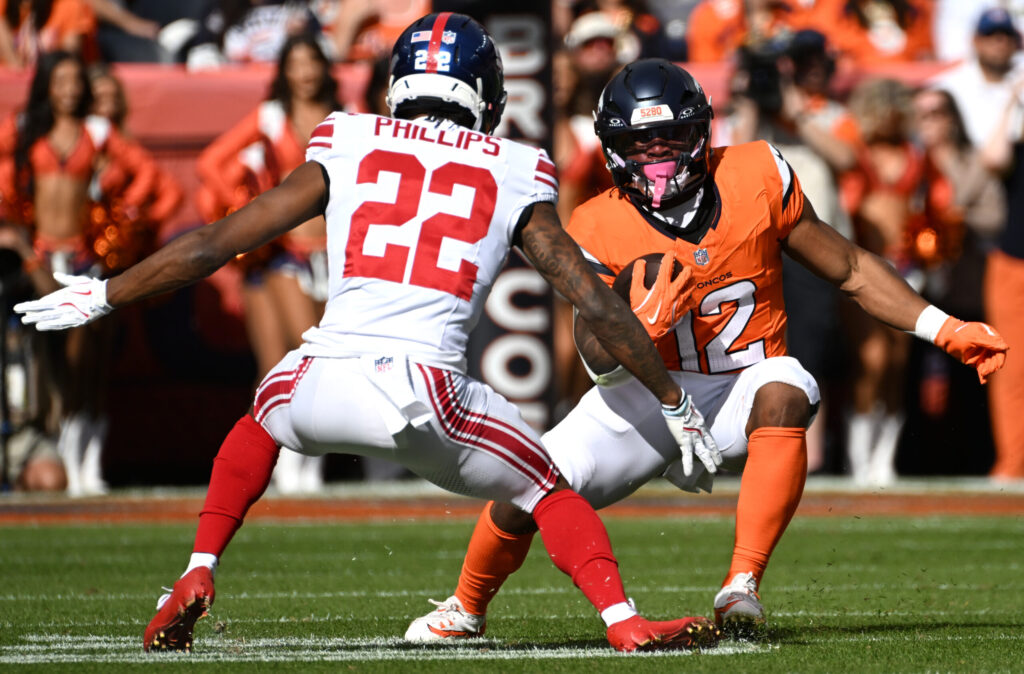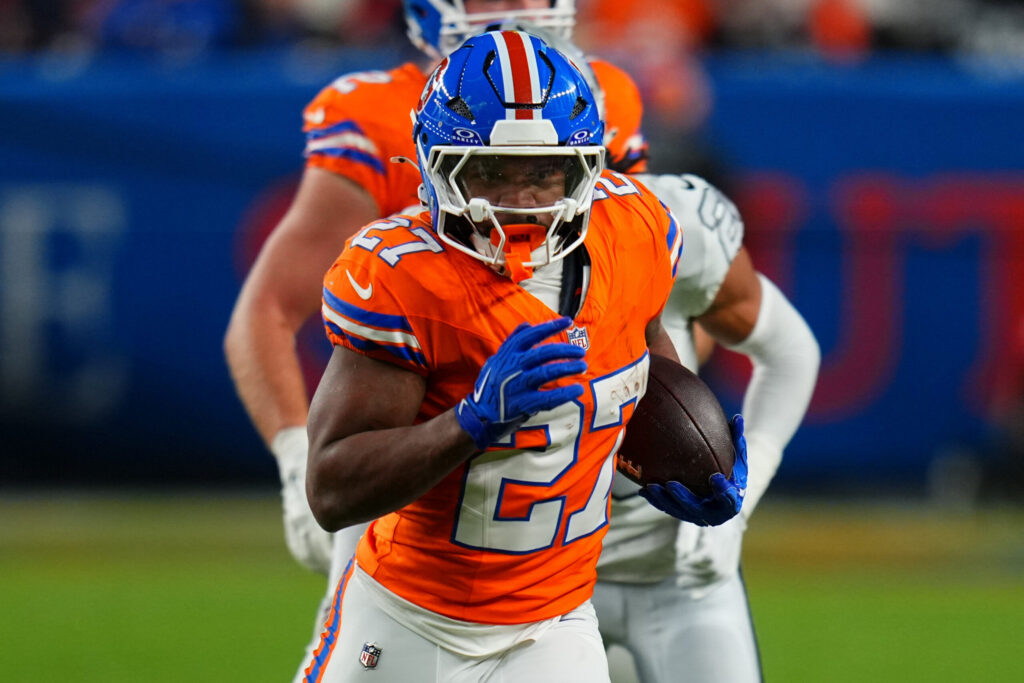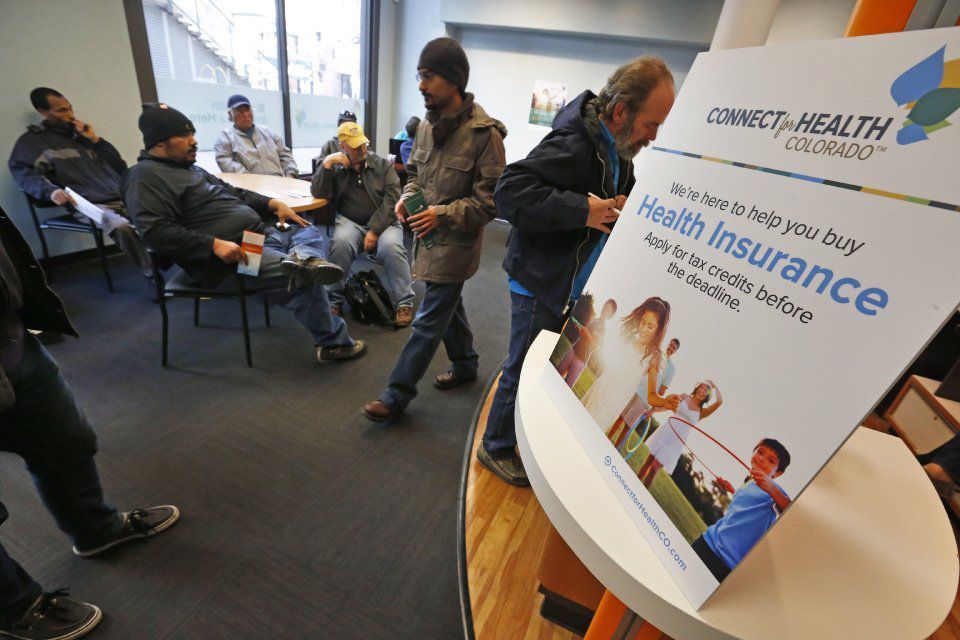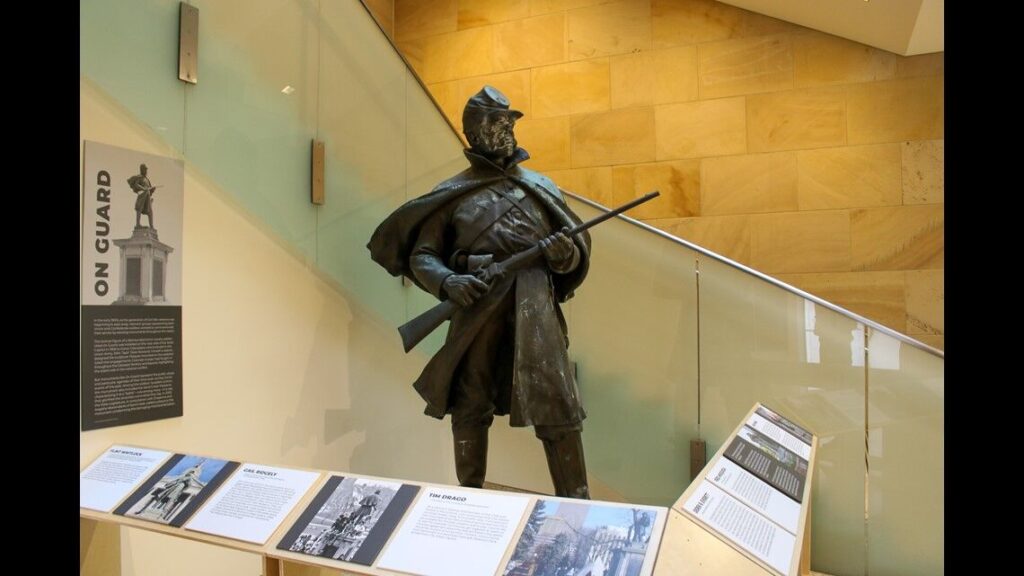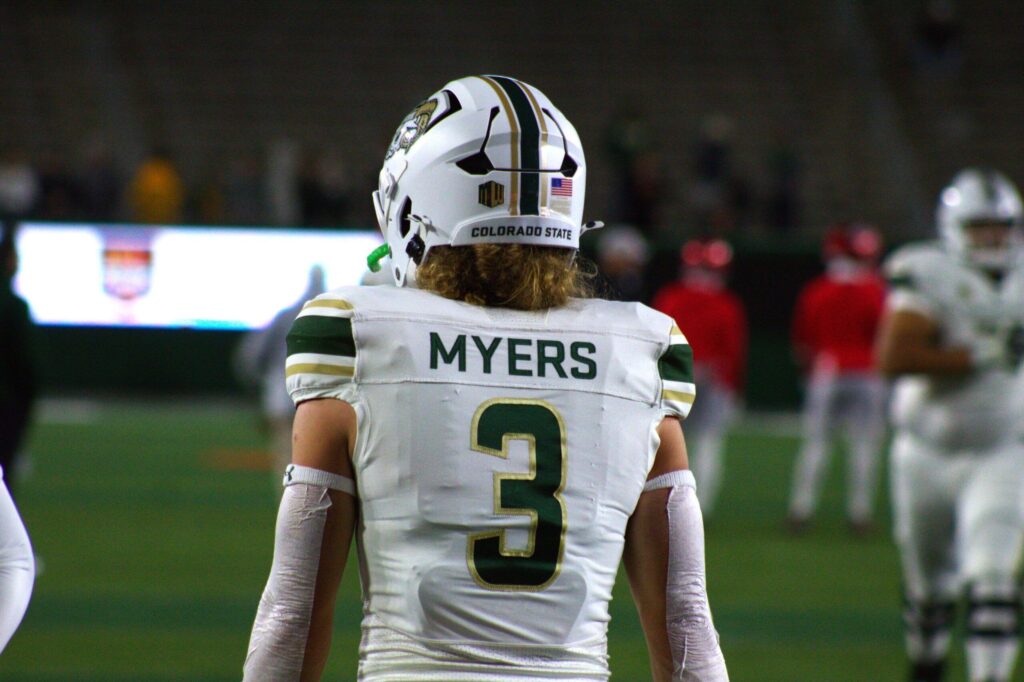Federal judge rejects Uber’s challenge, lets rideshare disclosure law take effect
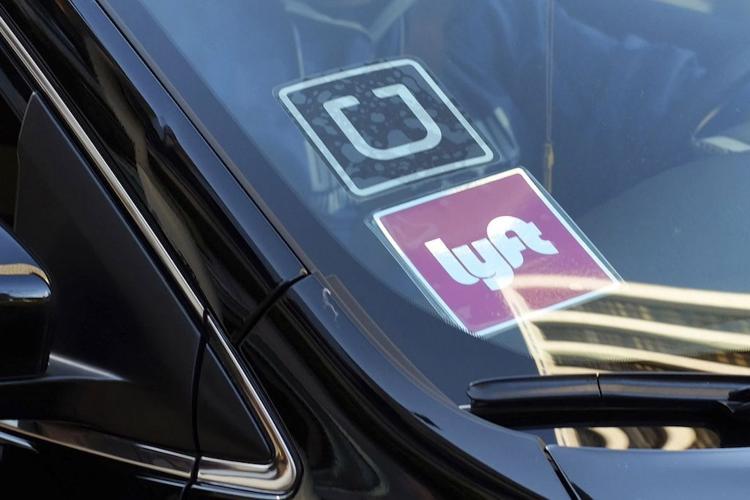
Denver Gazette File Photo
A federal judge on Friday rejected a last-minute request from Uber to block provisions of a Colorado law requiring rideshare companies to disclose certain information to riders and drivers about the amount of money drivers earned prior to any tip.
Last year, the legislature enacted Senate Bill 75 to place new mandates on transportation networking companies. Although rideshare company Uber participated in the legislative process, it filed a lawsuit three weeks before key provisions were to take effect on Feb. 1, alleging the state unconstitutionally infringed on its First Amendment rights.
However, U.S. District Court Judge Daniel D. Domenico denied the company’s request for a preliminary injunction, citing multiple deficiencies. For instance, Uber had sued the governor and the head of Colorado’s Division of Labor Standards and Statistics, but they were not the ones with exclusive authority to enforce the law. Instead, SB 75 empowers private parties to bring suit over violations — which Domenico had no power to stop.
Also, Domenico believed Uber’s 11th-hour lawsuit undermined its allegation of imminent harm and prevented the state from compiling evidence to defend the law.
“Plaintiff has been involved in the legislative and administrative process behind the Act for over a year,” he wrote in a Jan. 31 order. “While it raised various concerns about the costs and difficulties associated with these provisions, it never raised the constitutional concerns behind this suit.”

Daniel Domenico.
During the debate over the law, rideshare drivers testified before the legislature about having to accept tasks without knowing the precise details or how much they would get paid.
“I had an experience where a customer was upset with me about the high cost of the fare, which was about $75,” one driver told a Senate committee. “Because she did not know that drivers are not the ones setting the fares, she believed I was price-gouging her ride. It wasn’t until I dropped her off when I was able to show her that I only made about a third of what she had paid for the ride.”
In the company’s telling, SB 75 compels Uber to “speak” by electronically informing riders and drivers about drivers’ compensation immediately after a ride, using “design techniques intended to draw the eye.” The disclosure allegedly “shames” Uber for not giving drivers a large enough portion of the fare, and shames riders into tipping more.
“This is a politically controversial issue,” attorney Michael J. Gottlieb argued to Domenico at a hearing last week. “And what the state is trying to do is require us to convey a particular message, which is: You take too much money.”
The bill also requires rideshare companies to provide details about a task to drivers before they accept the trip, and provide estimates about the tax deductions they may claim for mileage.

Ride share driver in car using the rideshare app in mobile phone. New taxi ride request from customer in smartphone application. Man picking up passengers for online carpool service.
Uber alleged SB 75 imposed more excessive requirements on the company than any other regulation, and neglected “proper context” about how much money Uber itself receives per ride. The state responded that SB 75 does not bar Uber from adding information it believes is necessary to the disclosures.
“It can provide all of this context,” said Senior Assistant Attorney General Peter G. Baumann. “But two pieces of information have to be emphasized, and the legislature determined it was those two pieces of information that mattered.”
Domenico, who sympathized at the hearing with the public policy goal of better informing riders about how much to tip their drivers, wrote in his order that SB 75 may impose a burden on Uber’s speech by dictating what riders and drivers see post-ride.
“But the question isn’t whether Plaintiff ‘won’ the preliminary injunction hearing; it’s whether Plaintiff has shown that it is likely to succeed on the merits of this claim after an actual trial,” he wrote. Despite Uber’s preliminary assertions of harm, it was unclear to Domenico whether SB 75’s effects would ultimately be minimal, “and whether the claimed harm to consumers and drivers (in terms of delay and confusion resulting in lower tip rates) would come to pass or not.”
In an email, Uber alleged the law would lead to distracted driving, confusion and could “force” the company to “severely limit” tipping abilities.
“Uber has long supported greater transparency into earnings, service fees, insurance costs, and platform safety. But these poorly designed regulations — legislating not just what to say but exactly how to say it — is the wrong way forward,” the company wrote.
The parties will continue to litigate Uber’s claims.
The case is Uber Technologies, Inc. v. Moss et al.









